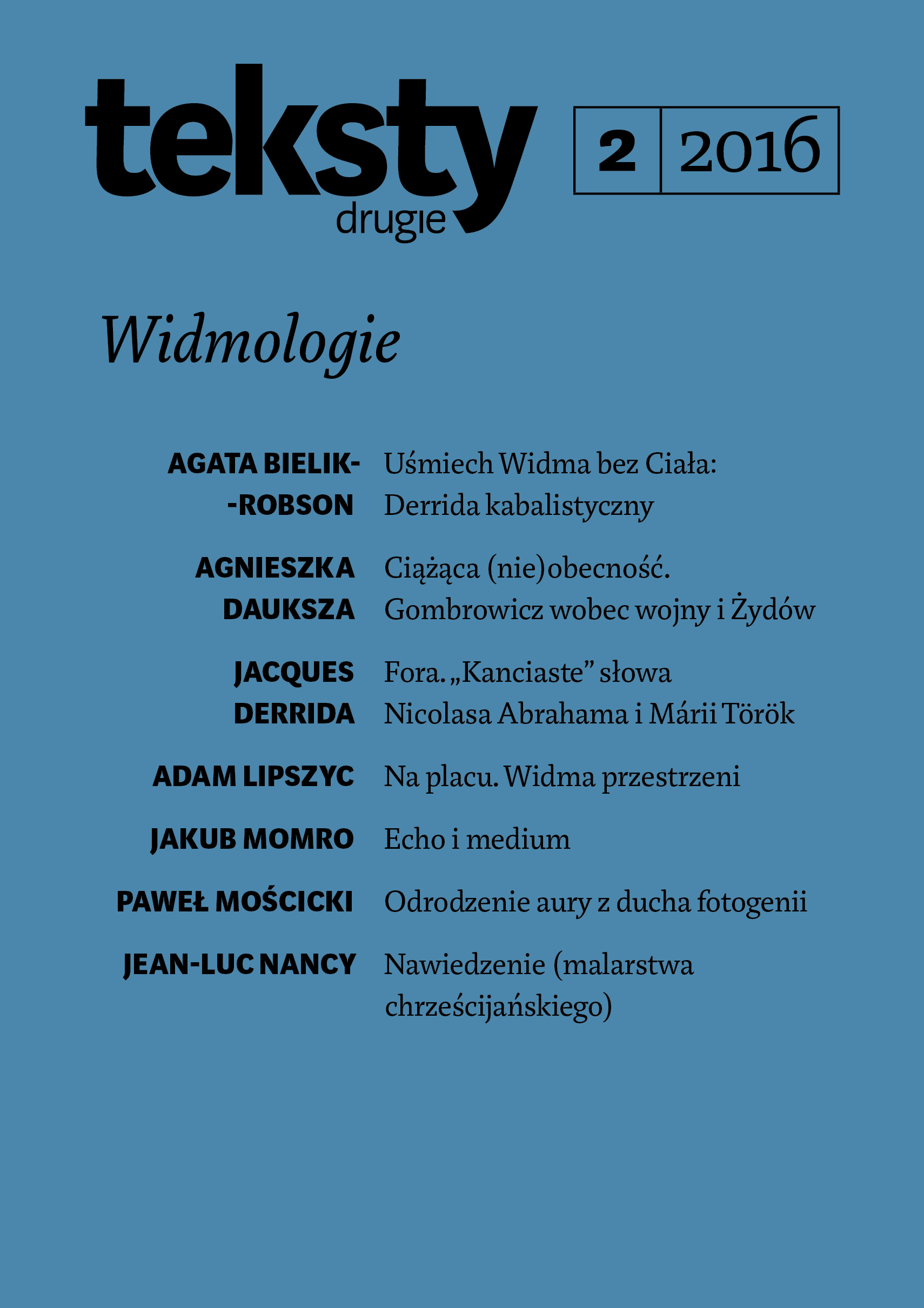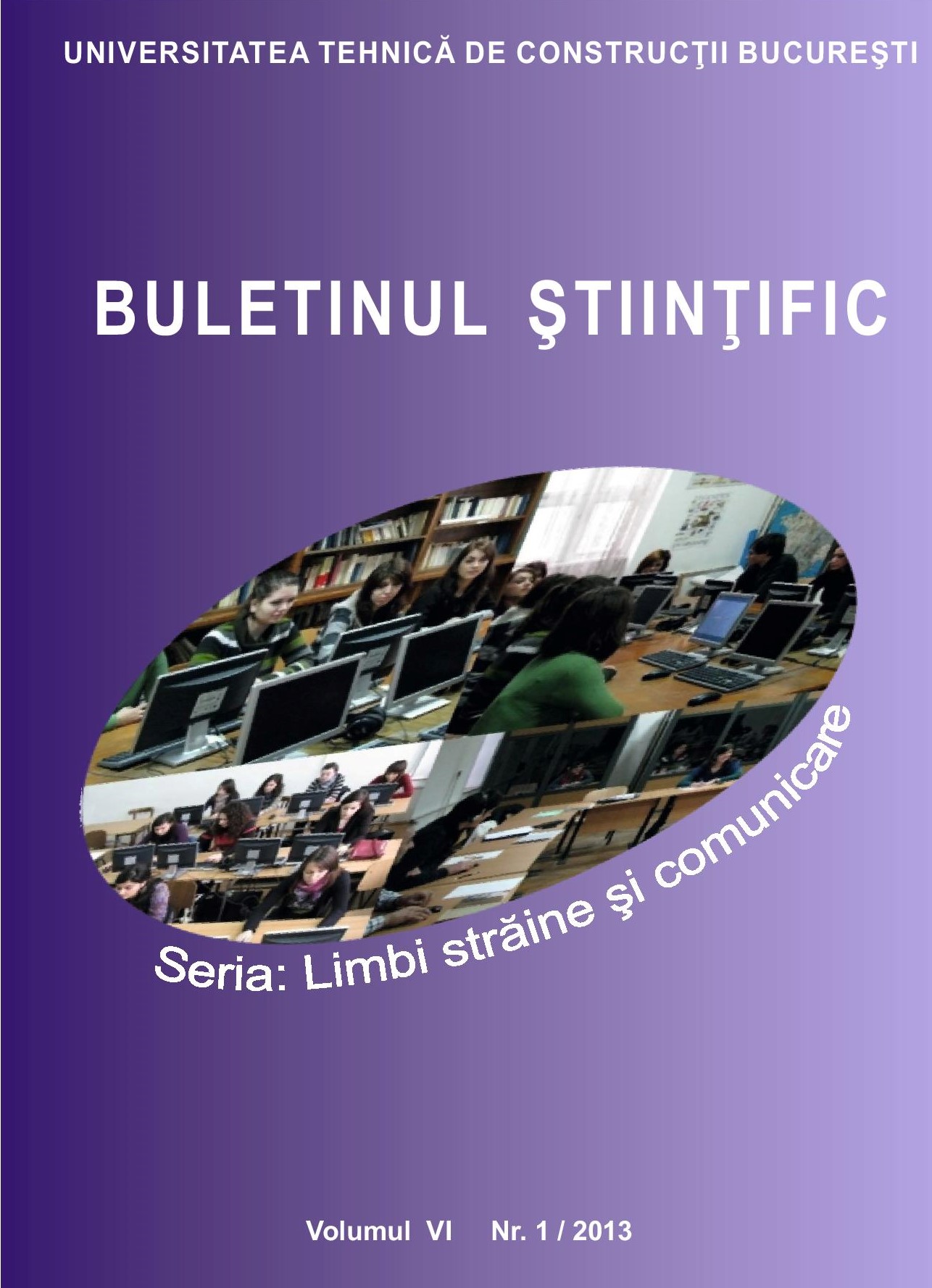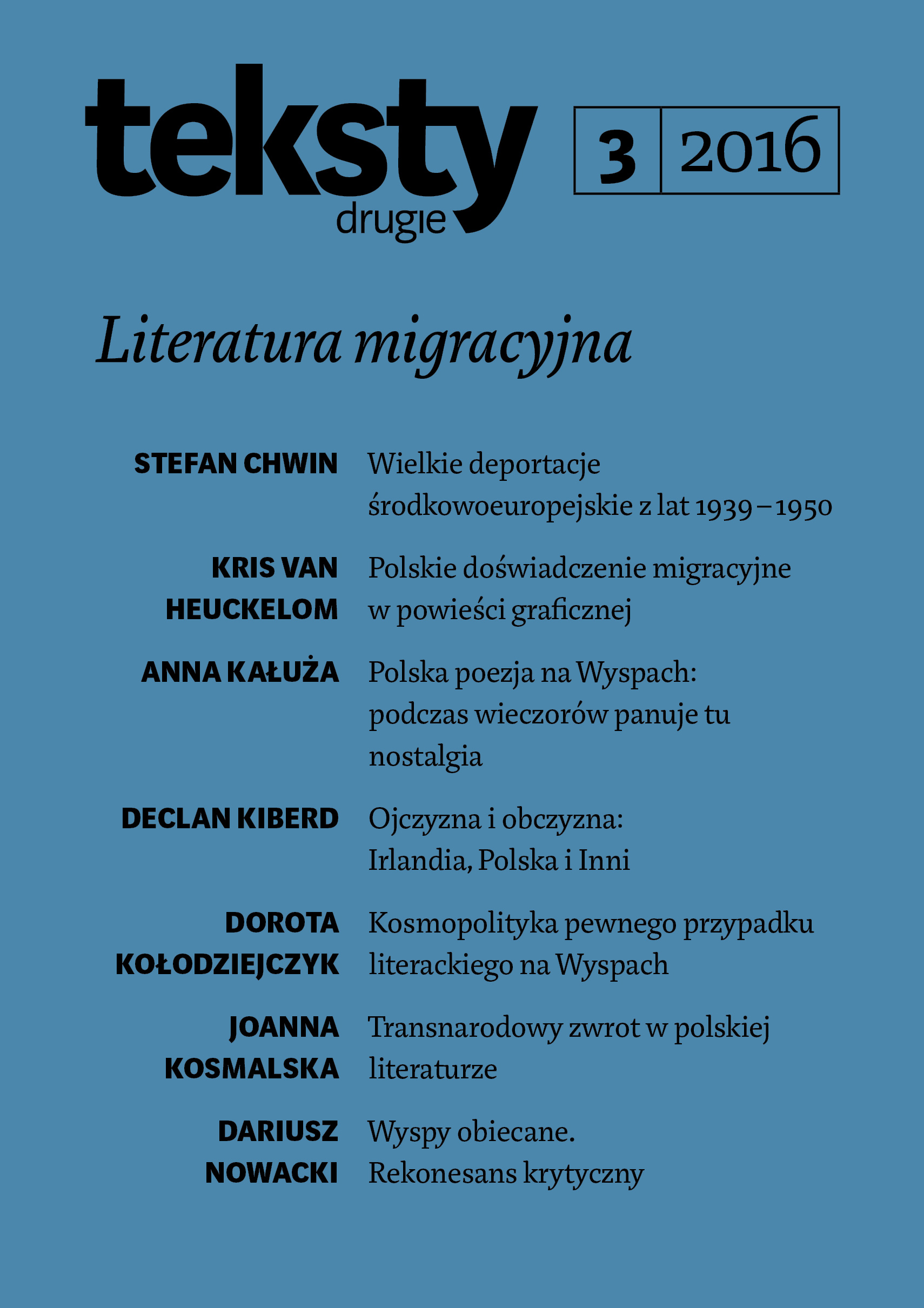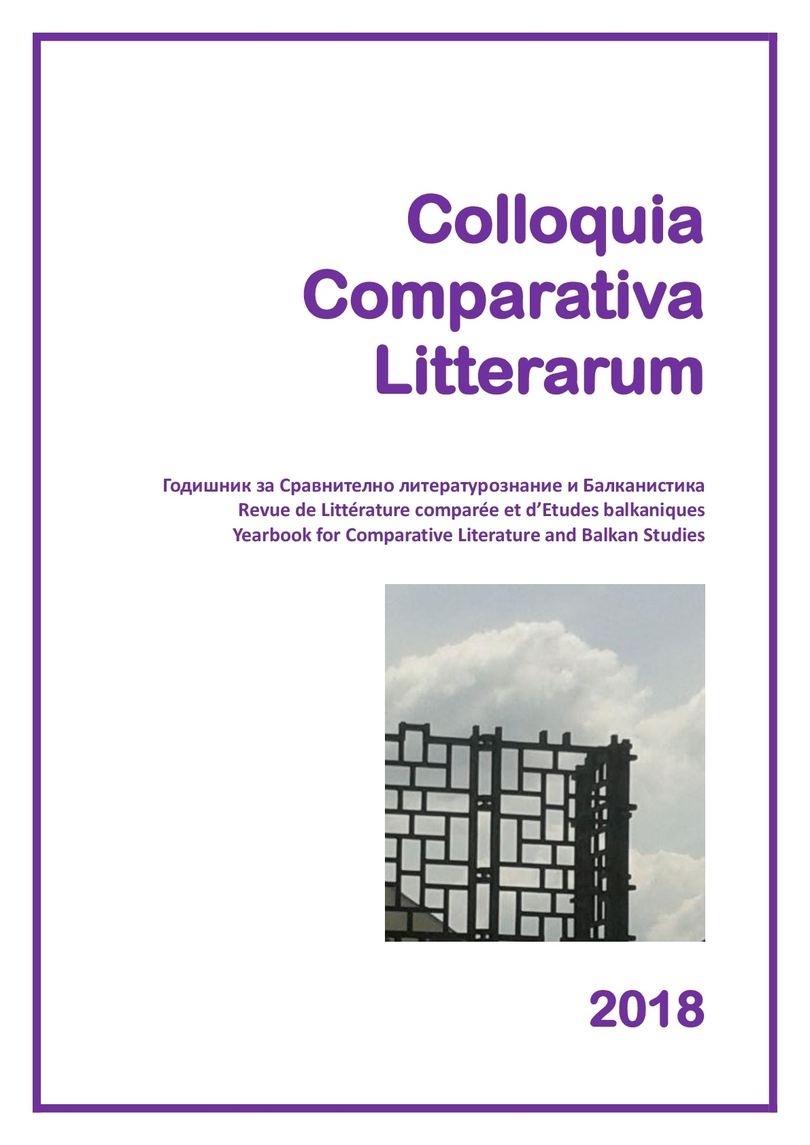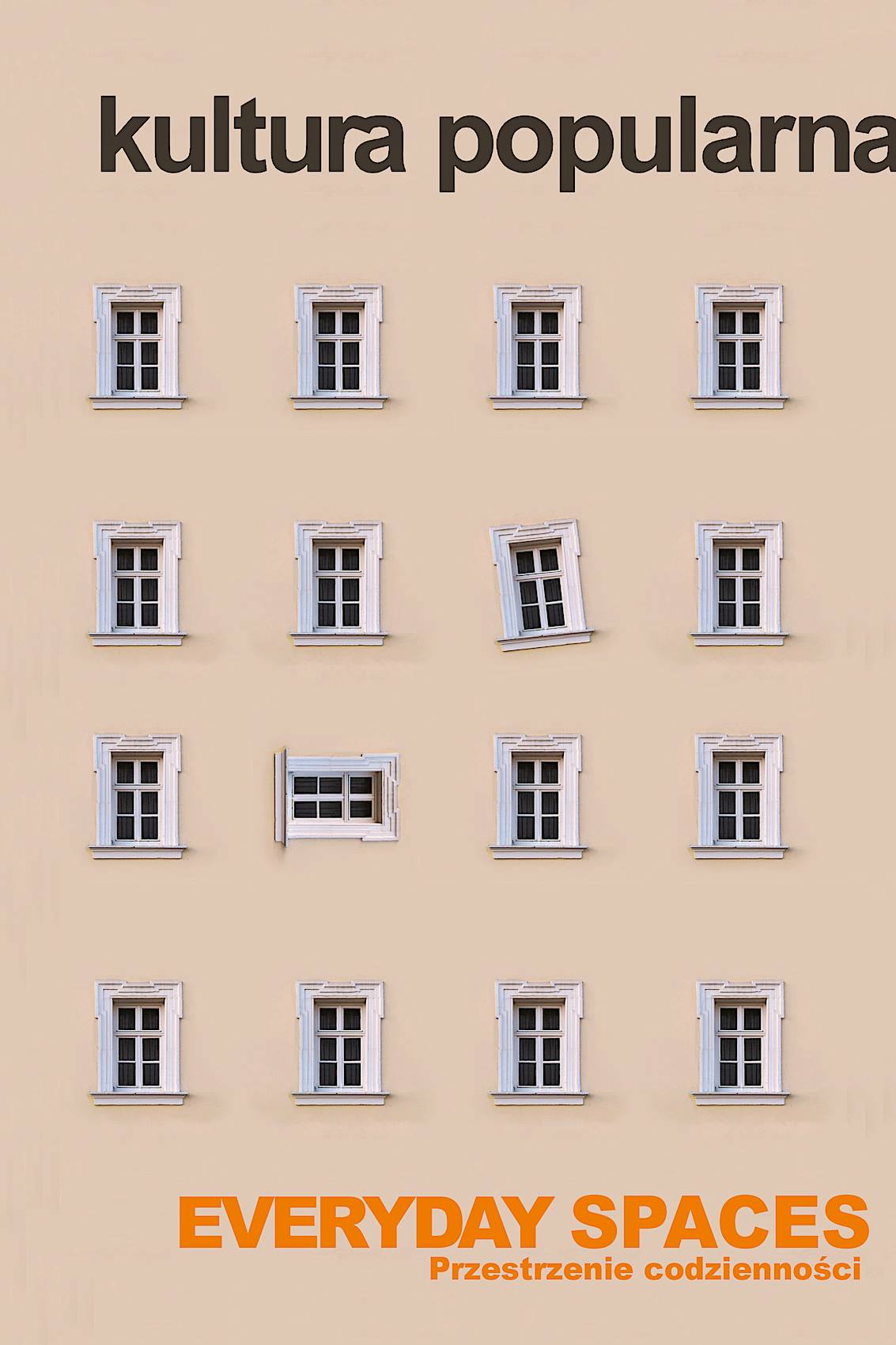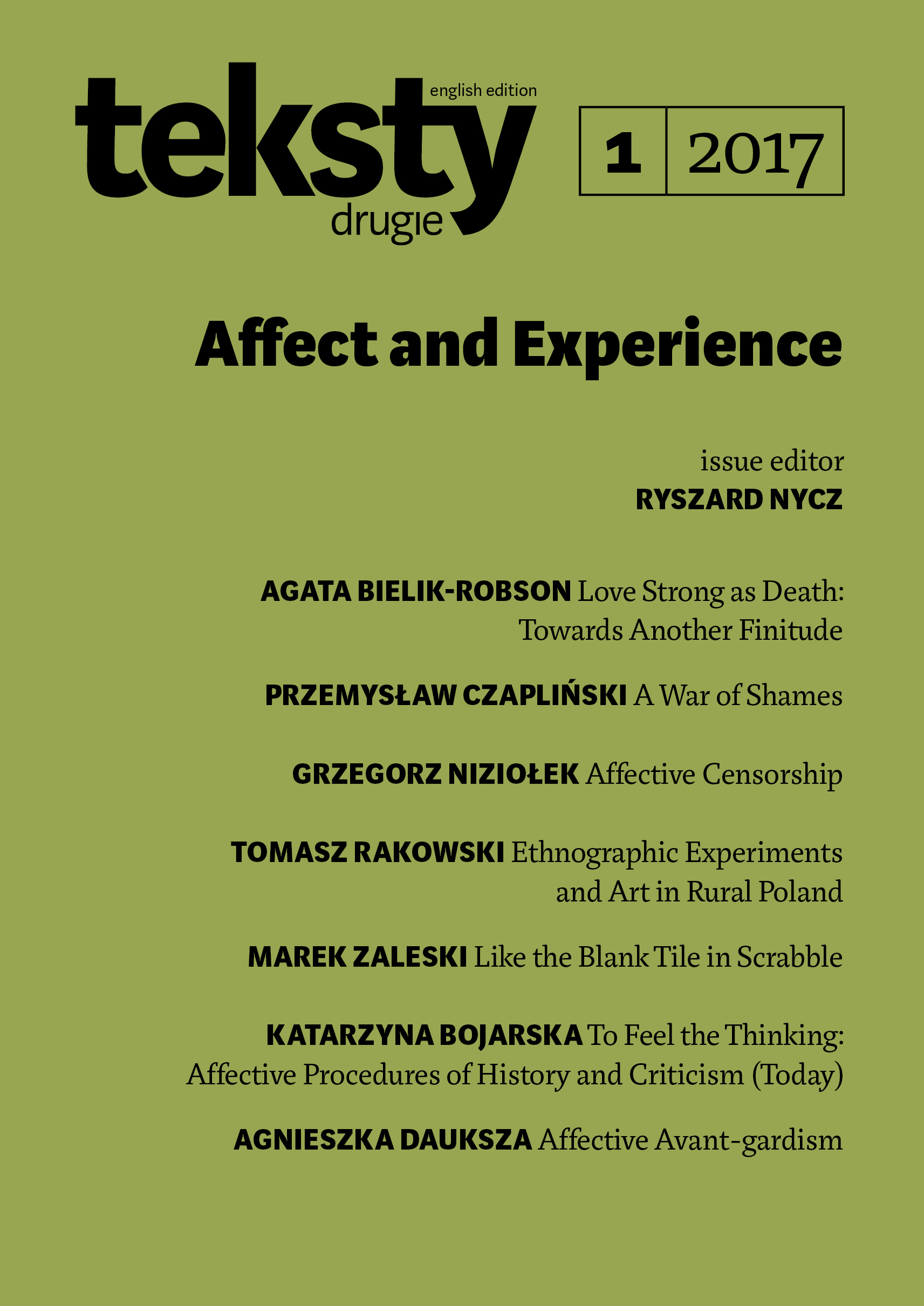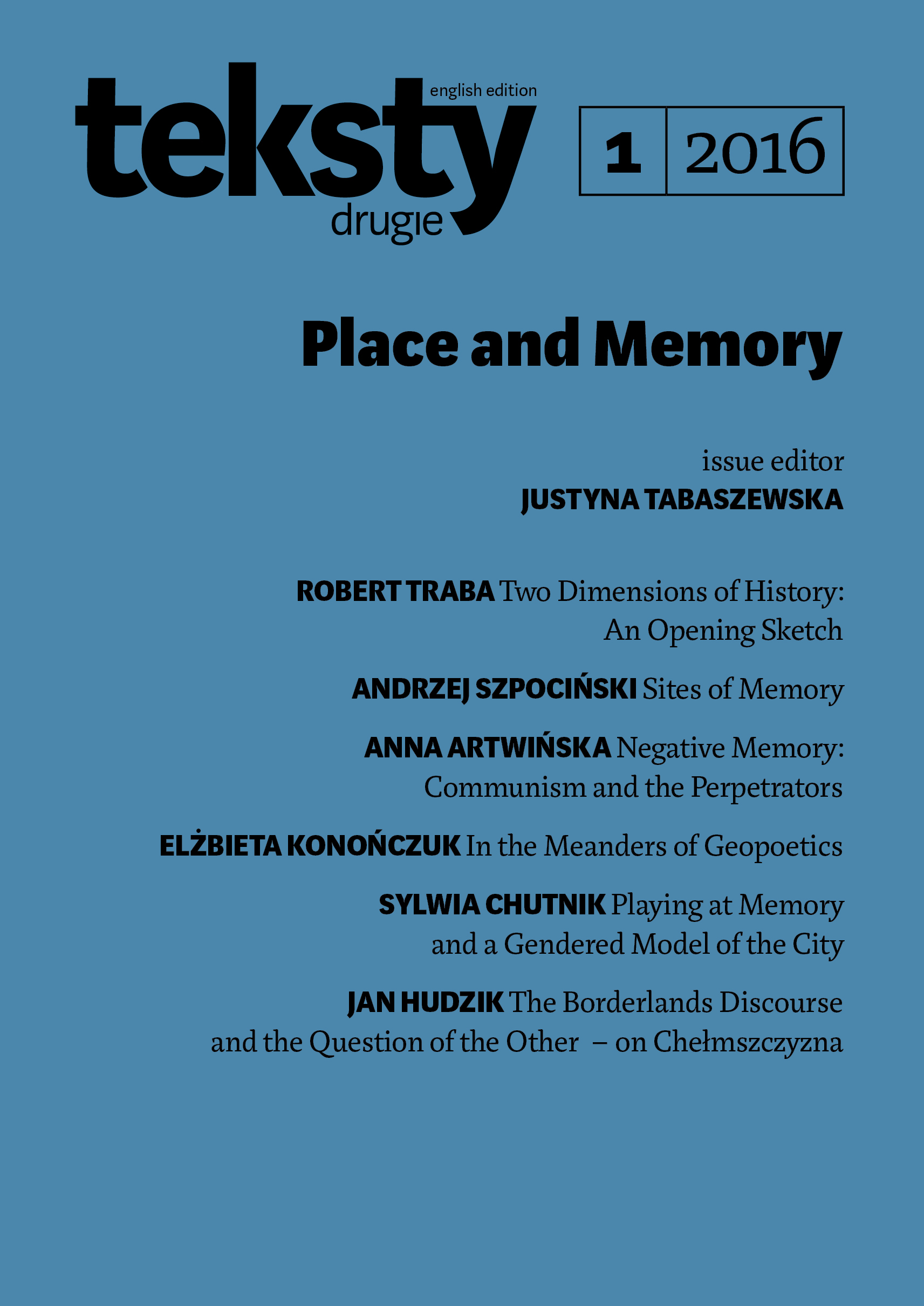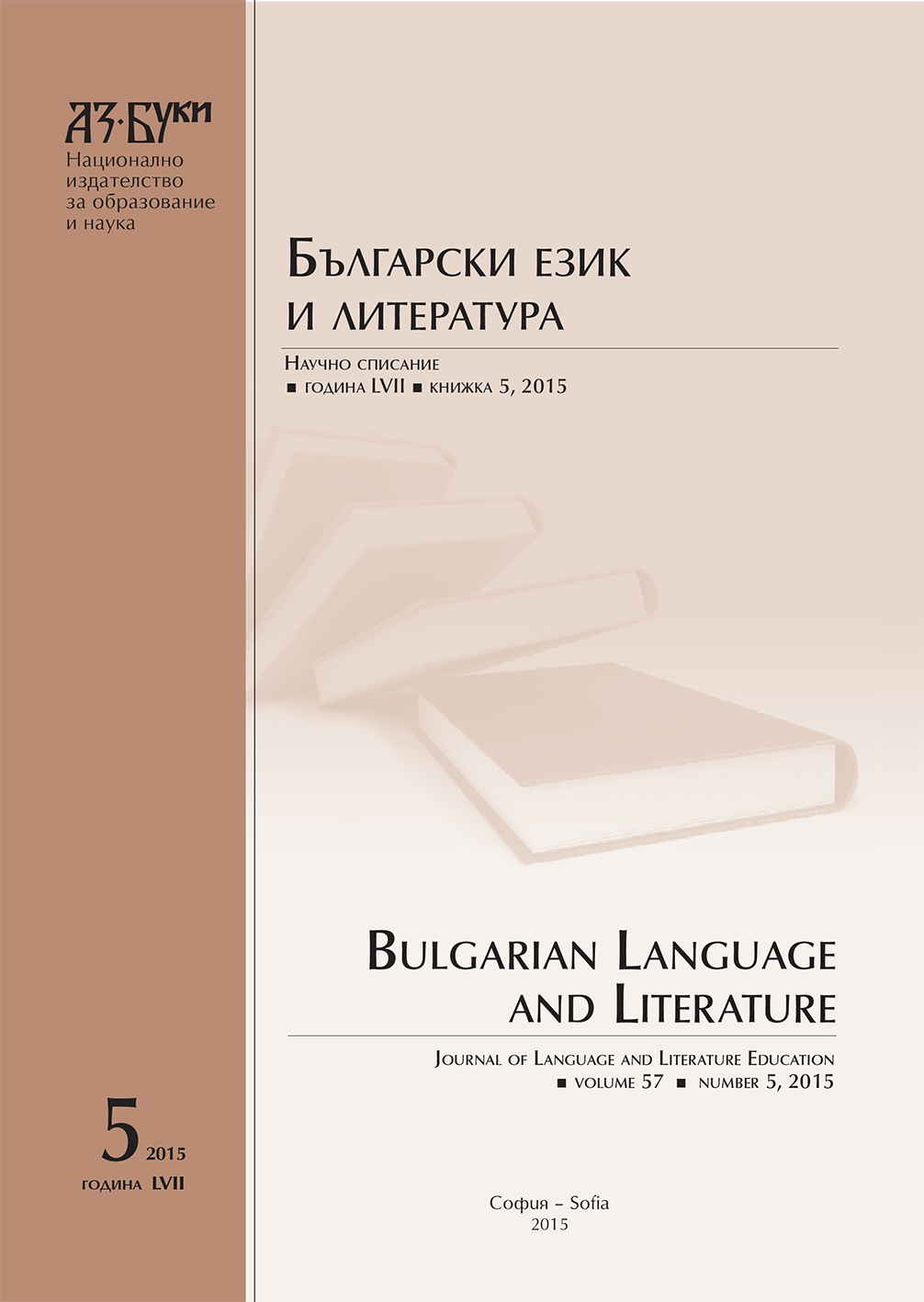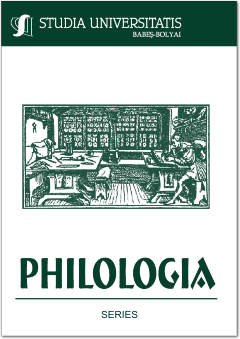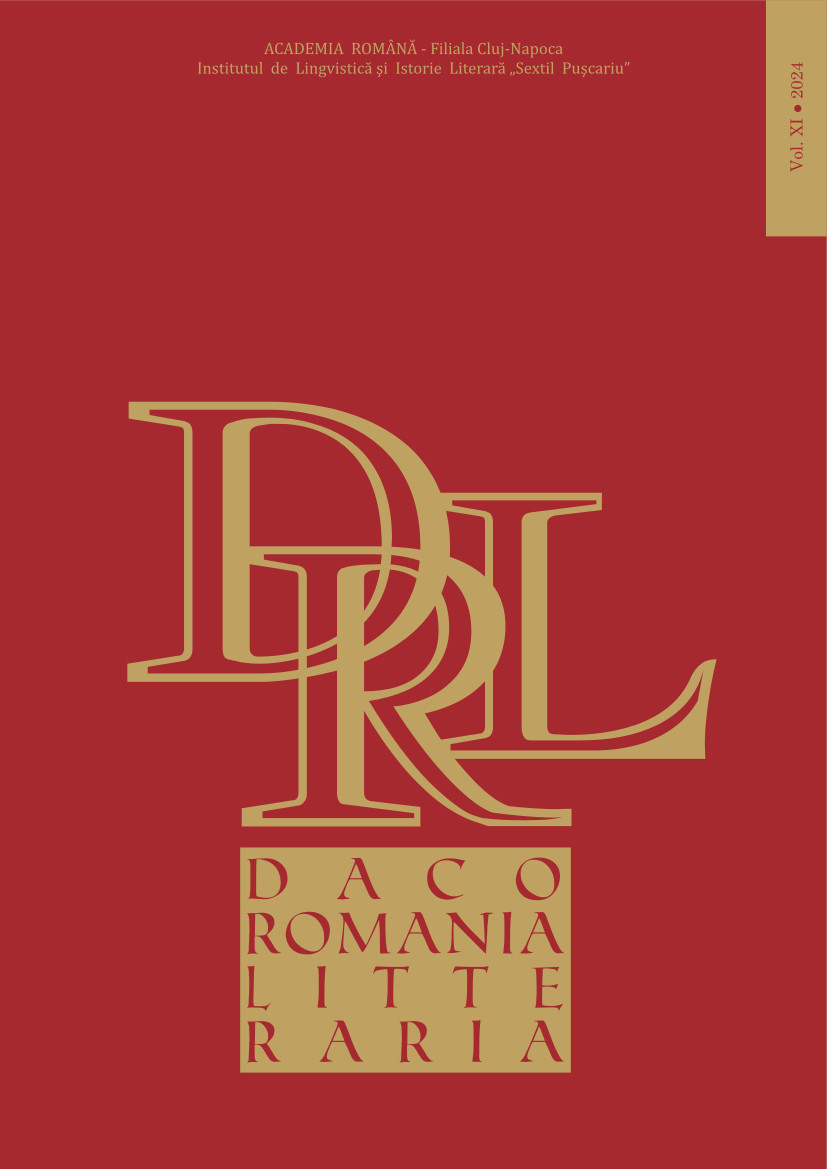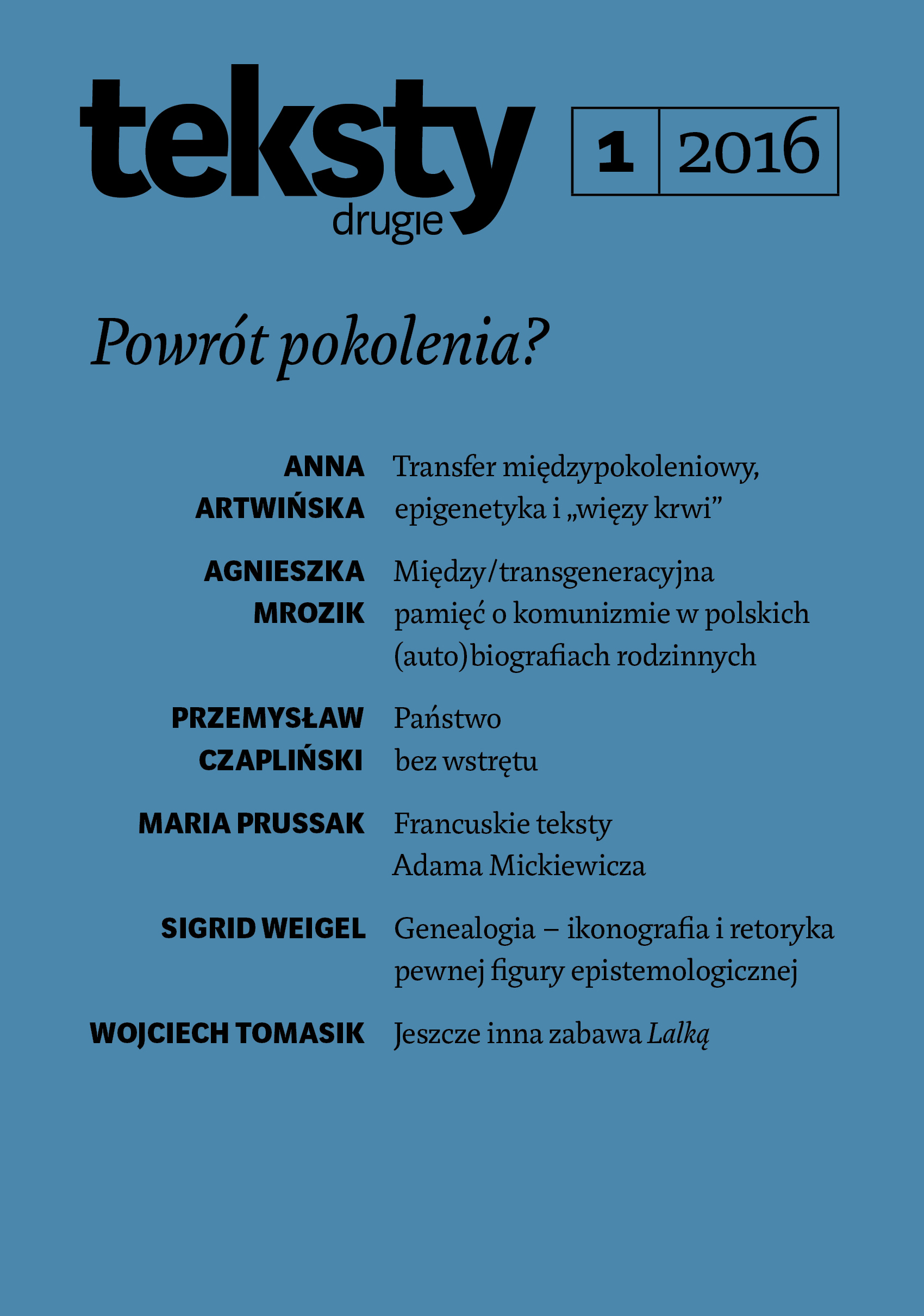
Między nature a nurture. Transfer międzypokoleniowy, epigenetyka i „więzy krwi”
This article explores two family or generational narratives – Anna Janko’s A Minor Extermination and Sergey Lebedev’s Oblivion – to tackle the question of intergenerational transmission, including from a biological perspective. Artwińska is interested in the inscription of figures and metaphors belonging to the genealogical discourse, as well as in their function in and beyond the text. Janko’s work can be read as a literary manifestation of the concept of epigenetics, while Levedev’s presents the metaphorization of problems related to the image of ‘blood ties’. The two family narratives exemplify how topical the notion of generation is in its genealogical dimension.
More...
